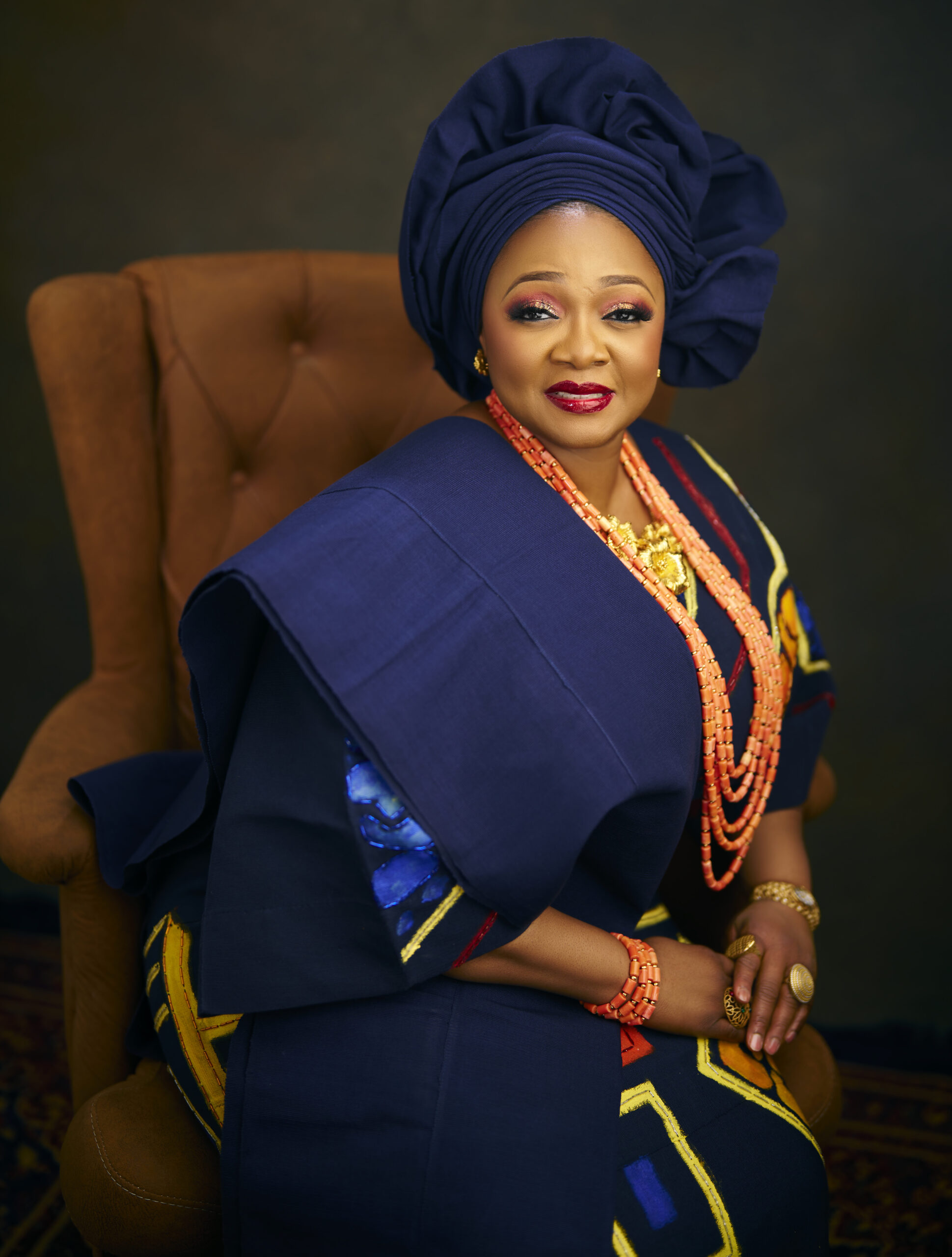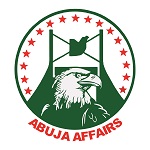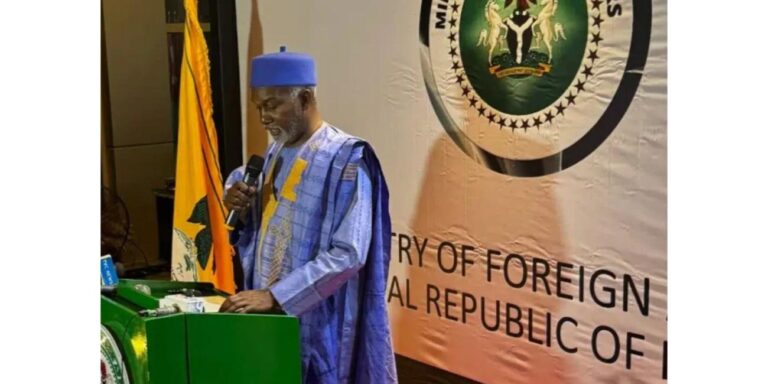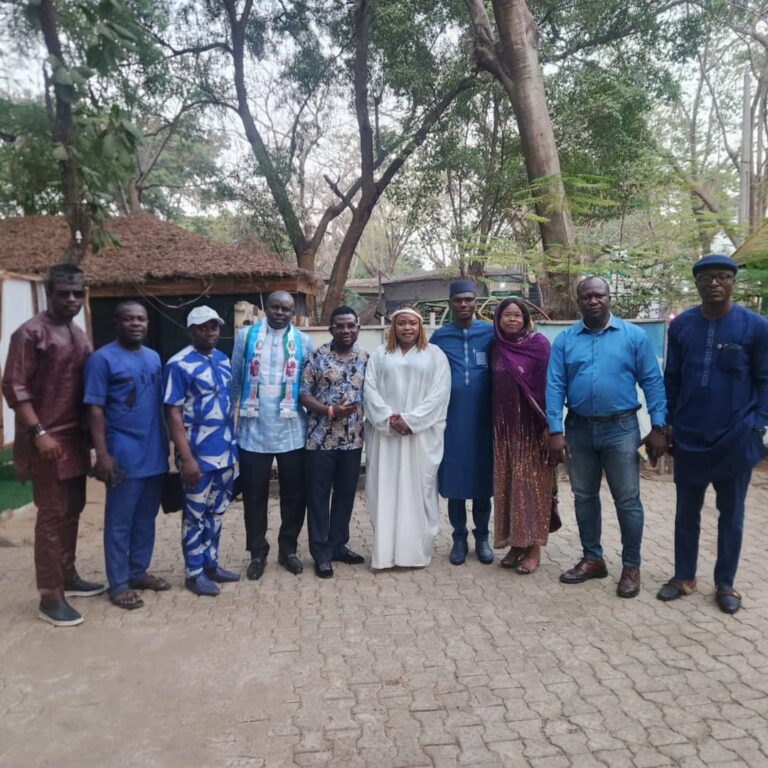
Nigeria’s Minister of Women Affairs, Barr. Imaan Sulaiman-Ibrahim, has revealed that the country requires $1.2 billion (about ₦1.9 trillion) over the next five years to achieve its gender equality and social inclusion goals.
Speaking during a policy dialogue in Abuja, the minister said the funds are needed to drive programmes that empower women, protect children, and promote equal access to education, leadership, and economic opportunities.
Why the $1.2bn Is Crucial
According to Sulaiman-Ibrahim, closing Nigeria’s gender gap is not only a social necessity but also an economic imperative. She emphasized that if fully achieved, gender equality could add up to ₦15 trillion to Nigeria’s Gross Domestic Product (GDP) annually by 2025.
“Gender equality is smart economics. When women and girls are empowered, productivity rises, families prosper, and nations thrive,” she stated.
Funding Strategy
The minister disclosed that the government plans to adopt a blended financing approach, combining:
- Public-Private Partnerships (PPPs)
- Impact investments
- Development grants and donor funding
These, she said, will ensure sustainable financing and effective implementation of key projects under the National Gender Equality Framework.
Economic and Social Benefits
Experts say gender inclusion can boost Nigeria’s economy by improving labour participation, innovation, and entrepreneurship among women and youth. It also aligns with Sustainable Development Goal (SDG) 5 — achieving gender equality and empowering all women and girls.
Challenges Ahead
Despite several policy frameworks, Nigeria still faces hurdles such as:
- Gender-based violence and discrimination
- Low female representation in politics
- Limited access to credit and education for women
- Socio-cultural barriers that hinder inclusion
The Ministry of Women Affairs noted that effective implementation, transparency, and accountability are key to ensuring the $1.2bn target translates into real impact for Nigerian women.
About the Initiative
The proposed fund will support programmes across:
- Women economic empowerment
- Girl-child education
- Political inclusion
- Health and safety initiatives
The government says it will collaborate with both local and international partners to ensure equitable progress across all states.




